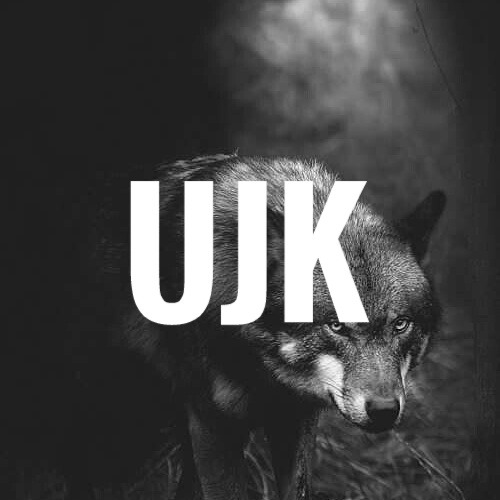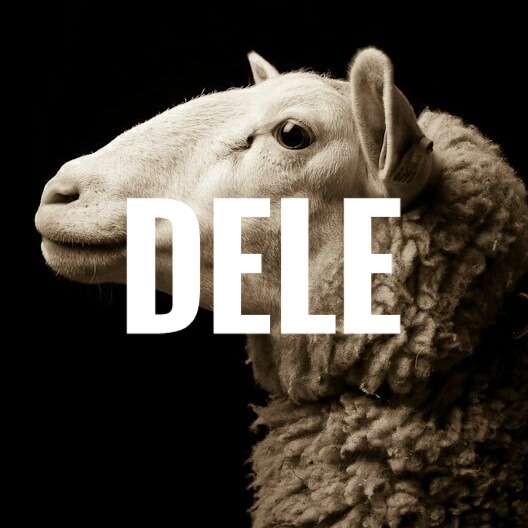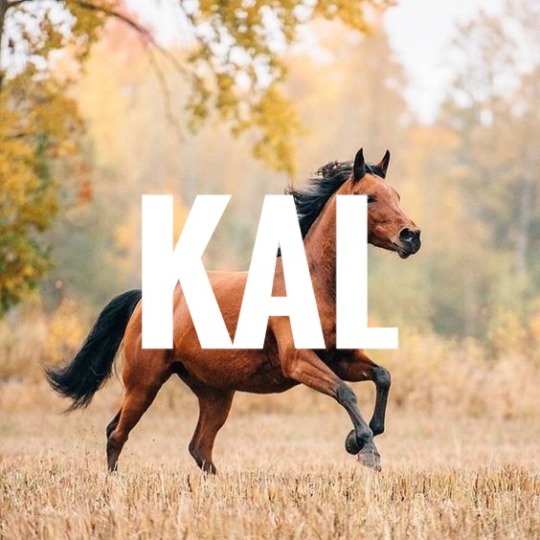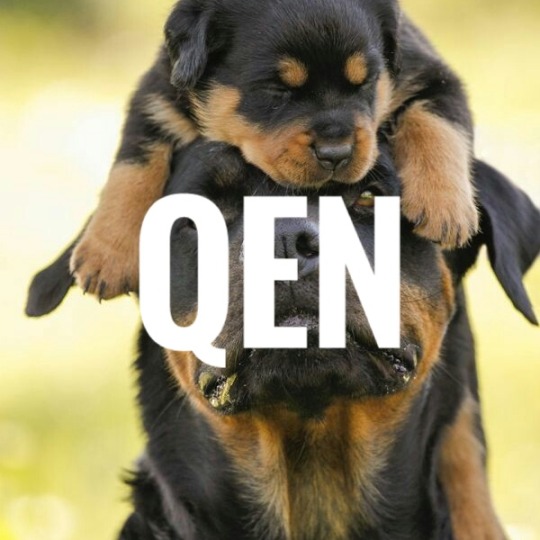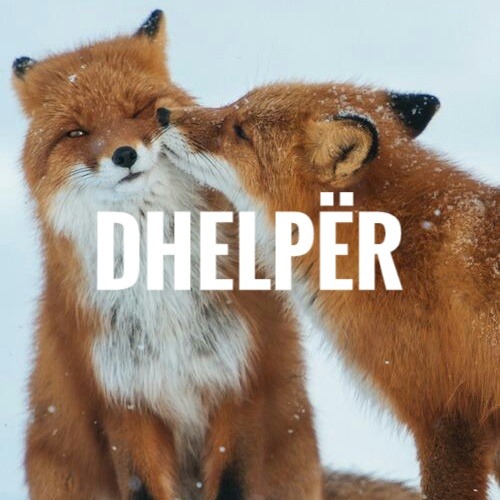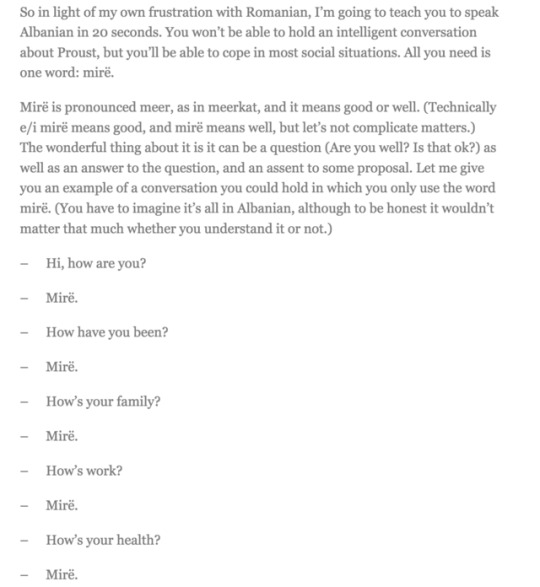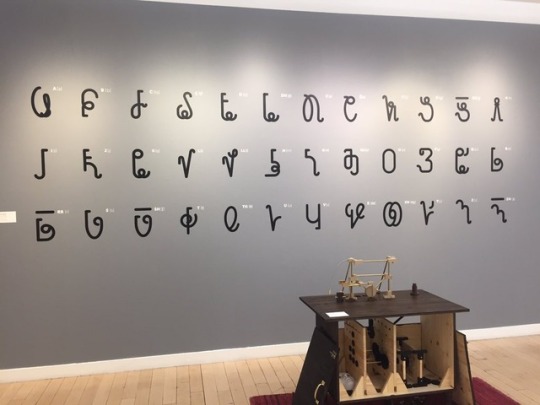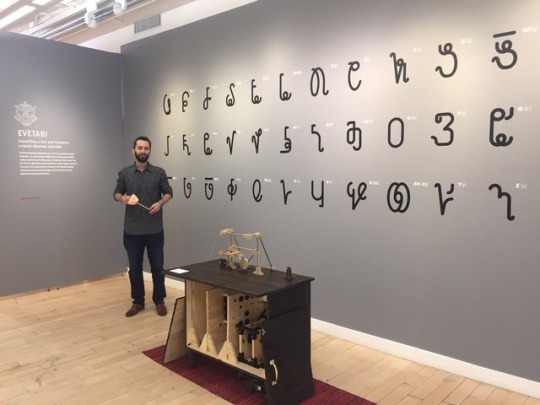arberisht
54 posts
Don't wanna be here? Send us removal request.
Text
Shape vocabulary (Albanian)
English // Albanian
shape, form - formë
form, formed // shape (verb), shaped - formoj, formuar
circle - rreth
ellipse - elipsë
oval - ovale
angle - kënd
line - drejtëz
segment - segment
triangle - trekëndësh
tetragon - katërkëndësh
pentagon - pesëkëndësh (pentagon can be used rarely)
hexagon - gjashtëkëndësh
heptagon - shtatëkëndësh
octagon - tetëkëndësh
nonagon - nëntëkëndësh
decacon - dhjetëkëndësh
polygon - shumëkëndësh
rectangle - drejtkëndësh
square - katror
parallelogram - paralelogram
rhombus - romb
kite - balonë
trapezium - trapez
sphere - sferë
cone - kon
pyramid - piramidë
cylinder - cilindër
prism - prizëm
star - yll
moon, crescent - hënë, gjysmëhënë
heart - zemër
cross - kryq
arrow - shigjetë
I got the idea from @languagesandshootingstars who did one for Finnish. If you want to check that out here’s the link.
84 notes
·
View notes
Text
Favorite Albanian Phrases 🌹✨
Zoti qoftë me ty. (may God be with you)
“Bej syte kater” which means, “Make four eyes.” ( it means, be careful!/ kinda like eyes in the back of your head)
“Kali kuqe ka nje huqe” which means, “even the red horse has its flaw.” The meaning is that even beautiful people or things have at least one flaw.
Bukuria e vërtetë gjendet brenda nesh. (Real beauty is inside of us.)
Çdo pyll ka derra. – “Every forest has pigs” (shit ppl are everywhere)
Lezetshëm! – “Cute / how cute!”
Rrofsh (sa malet)! – An expression of thanks! Literally means “Long life! / May you live as long as the mountains!
212 notes
·
View notes
Text

Summer - Verë
June - Qershor
July - Korrik
August - Gusht
Travel - Udhëtoj
Trip/Vacation - Udhëtim/Pushime
Ticket - Biletë
Plane - Aeroplan/Avion
Boat - Varkë/Barkë
Beach - Plazh
Sea/Ocean - Det/Oqean
Hotel - Hotel
Sunlight - Dritë dielli
Hot - i/e Nxehtë
Humid - i/e Lagësht
Abroad - Jashtë shtetit
Souvenir - Suvenir
Water - Ujë
Fruits - Fruta
Sunglasses - Syze dielli
Bikini - Bikini
Shorts - Pantallona të shkurtra
Fun - Kënaqësi/Argëtim
Summer holiday - Pushimi e verës
Swim - Notoj
Sports - Sportet
Sunbathe - Bëj banjo dielli
Suntan - Nxirje
Temperature - Temperaturë
108 notes
·
View notes
Text
Language Learning Book Masterpost
About 120 pdfs of language learning books - let me now if there are any problems :)
Afrikaans
Teach Yourself Afrikaans
Colloquial Afrikaans
Arabic
Arabic - An Essential Grammar
A Reference of Grammar of Modern Standard Arabic
Albanian
Albanian grammar
Colloquial Albanian
Bengali
Teach Yourself Bengali
Bulgarian
A Short Grammar of Bulgarian
Teach Yourself Bulgarian
Catalan
Teach Yourself Catalan
Colloquial Catalan
Cantonese
Routledge Grammars - Basic Cantonese - A Grammar and Workbook
Routledge Grammars - Intermediate Cantonese - A Grammar and Workbook
Colloquial Cantonese
Chinese
Routledge Grammar - Basic Chinese - A Grammar and Workbook (2nd ed)
Routledge Grammar - Intermediate Chinese - A Grammar and Workbook
Using Chinese Synonyms
Using Chinese - A Guide to Contemporary Usage
Chinese - A Comprehensive Grammar
Modern Mandarin Chinese Grammar - A Practical Guide
Chinese Language(s): A Look Through the Prism of the Great Dictionary of Modern Chinese Dialects
Czech
Czech - An Essential Grammar
Danish
Danish - An Essential Grammar
Danish - An Elementary Grammar and Reader
Teach Yourself Danish
Colloquial Danish
Dutch
Routledge Grammar - Basic Dutch - A Grammar and Workbook
Routledge Grammar - Intermediate Dutch - A Grammar and Workbook
Dutch - An Essential Grammar (second source)
Dutch - A Comprehensive Grammar (second source)
Colloquial Dutch (second source)
Colloquial Dutch 2 (second source)
Hugo in 3 Months Dutch
Hugo Advanced Courses Taking Dutch Further
Teach Yourself Beginner’s Dutch
Teach Yourself Dutch
Teach Yourself Dutch Grammar
English
English - An Essential Grammar
A Student’s Introduction to English Grammar
Colloquial English
Finnish
Finnish - An Essential Grammar
French
Using French Vocabulary
A Student Grammar of French
The Syntax of French
Colloquial French 2
German
Routledge Grammar - Basic German - A Grammar and Workbook
Routledge Grammar - Intermediate German - A Grammar and Workbook
German - An Essential Grammar
Using German Synonyms
The Structure of German
Gujarati
Teach Yourself Gujarati
Colloquial Gujarati
Greek
Greek - An Essential Grammar of the Modern Language
Colloquial Greek
Hungarian
Hungarian - An Essential Grammar
The Syntax of Hungarian
Colloquial Hungarian
Hebrew
Modern Hebrew - An Essential Grammar
Colloquial Hebrew
Icelandic
The Syntax of Icelandic
Colloquial Icelandic
Irish
Routledge Grammar - Basic Irish - A Grammar and Workbook
Routledge Grammar - Intermediate Irish - A Grammar and Workbook
Colloquial Irish - The Complete Course for Beginners
Irish Grammar - A Basic Handbook
Italian
Routledge Grammar - Basic Italian - A Grammar and Workbook
Using Italian - A Guide to Contemporary Usage
Using Italian Vocabulary
Modern Italian Grammar a Practical Guide
Colloquial Italian
Colloquial Italian 2
Indonesian
Indonesian - A Comprehensive Grammar
Indonesian Reference Grammar
Icelandic
Teach Yourself Icelandic
Korean
Routledge Grammar - Basic Korean - A Grammar and Workbook
Routledge Grammar - Intermediate German - A Grammar and Workbook
Using Korean - A Guide to Contemporary Usage
Korean Grammar for International Learners
Colloquial Korean - The Complete Course for Beginners
Latvian
A Short Grammar of Latvian
Teach Yourself Latvian
Colloquial Latvian
Lithuanian
A Short Grammar of Lithuanian
Teach Yourself Lithuanian
Colloquial Lithuanian
Norwegian
Norwegian - An Essential Grammar
Colloquial Norwegian
Polish
Routledge Grammar - Intermediate Polish - A Grammar and Workbook
Polish - An Essential Grammar
A Grammar of Contemporary Polish
Colloquial Polish
Portuguese
Portuguese - An Essential Grammar
Using Portuguese - A Guide to Contemporary Usage
Portuguese (Brazilian)
Colloquial Portuguese of Brazil
Colloquial Portuguese of Brazil 2
Russian
Routledge Grammar - Intermediate Russian - A Grammar and Workbook
Using Russian - A Guide to Contemporary Usage
Using Russian Vocabulary
A Comprehensive Russian Grammar
A Reference Grammar of Russian
Colloquial Russian 2
Romanian
Romanian - An Essential Grammar
Colloquial Romanian
Serbian
Serbian - An Essential Grammar
Teach Yourself Serbian
Spanish
Routledge Grammar - Basic Spanish - A Grammar and Workbook
Routledge Grammar - Intermediate Spanish - A Grammar and Workbook
Spanish - An Essential Grammar
Using Spanish Synonyms
Using Spanish Vocabulary
Using Spanish - A Guide to Contemporary Usage
A Student Grammar of Spanish
Modern Spanish Grammar A Practical Guide
The Syntax of Spanish
Swedish
Swedish - An Essential Grammar
Teach Yourself Swedish
Colloquial Swedish
Thai
Thai - An Essential Grammar
Teach Yourself Thai
Colloquial Thai
Turkish
Turkish Grammar
Turkish - A Comprehensive Grammar
Urdu
Urdu - An Essential Grammar
Welsh
Modern Welsh - A Comprehensive Grammar
The Syntax of Welsh
Colloquial Welsh
10K notes
·
View notes
Note
For the translation meme: computer, computer mouse, video game, website, blog, laptop, book, novel, notebook, paper, pen, pencil, marker. (Hope it's not too much, faleminderit!)
kompjuter, maus, video lojra, faqe, blog, laptop, libër, roman, fletore, letër, stilolaps, laps, shënues.
10 notes
·
View notes
Note
mountain, field, sky, water, sea, river, sun, moon, flower, grass, hill, dew, fog, sunshine, air, wind 🇦🇱 (sorry haha I like nature vocab)
mal, fushë, qiell, uji, det, lum, diell, hëna, lule, bar, kodër, vesë, mjegull, dritë dielli, ajër, erë. :)
21 notes
·
View notes
Text
Send me an English word and I'll translate it to my native language
120K notes
·
View notes
Text
Status of the Albanian Language
Albanian as an official language:
Albania - 3.002.859 in 2012
Kosova - 1.8 millions in 2012
Macedonia (co-official) - 600.000 (25% of total population) in 2006
Montenegro (co-official) - 80.000 in 2002
Albanian as an recognised ethnic minority language:
Italy (Arberesh comunity) - 260.000 in 1976
Croatia (Arbanasi comunity) - 15.002 in 2001
Romania
Serbia
Bulgaria - 1.000 in 1963
Albanian ad a non-recognised ethnic minority language:
Greece (Arvanitas comunity) - 10.000 çam + 150.000 Arvanitas
Greece has not signed the European Charter for Regional or Minority Languages of 1992, and as such does not recognise ethnic and language minorities as part of its cultural heritage.
Turkey (Arnaut comunity) - 15.000 in 1980
Albanian is also spoken by an high number of immigrants all over the world:
Italy: 482.627 (to 700.000 due to naturalization)
Greece: 443 550 (to 600.000 due to naturalization)
Germany: 505.000
Switzerland: 400.000
UK: 350.000
USA & Canada:500.000
Netherlands: 200.000
Other countries have Albanian comunities, but their number is lower than 100.000. The total number of Albanian native speakers around the world is 12.600.000 in accordance with thei CIA’s 2003 World Factbook.
307 notes
·
View notes
Photo
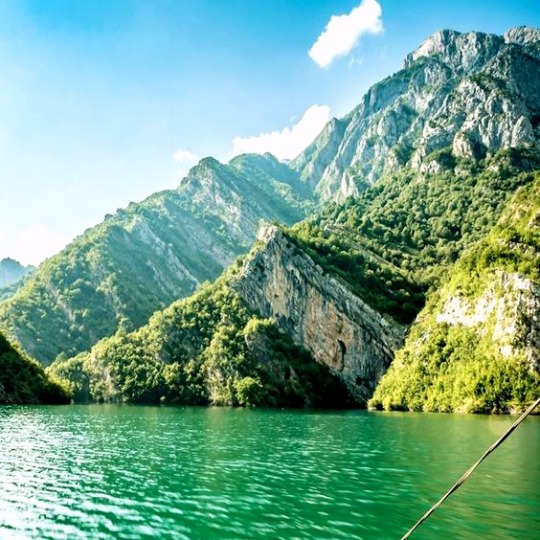
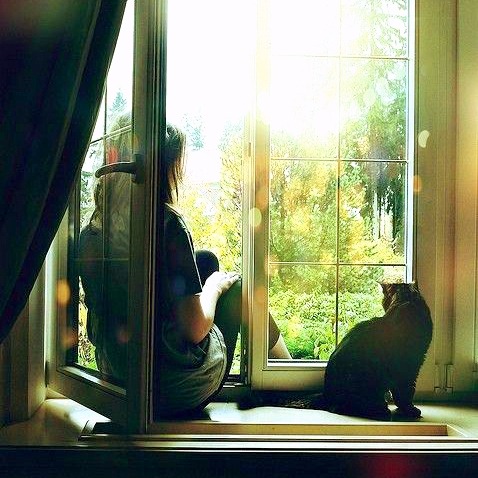
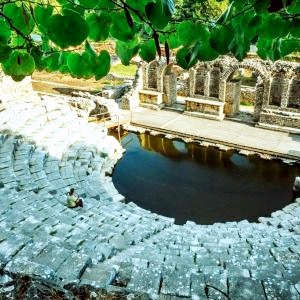

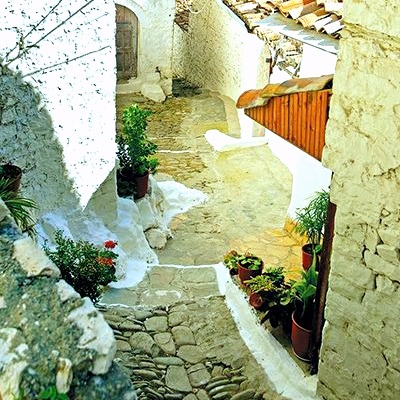




Albanian (Shqip) is the language native to Albania, Kosovo, Epirus (Greece), and a part of Macedonia. There are also centuries-old communities speaking Albanian-based dialects in Greece, Southern Italy,Sicily, and Ukraine.
For @tumankuqe
369 notes
·
View notes
Text
To the people who follow me, i would firstly like to say sorry that i haven’t been active lately. And secondly, when i first started this blog i was looking for new members (because i knew i wasn’t going to be active) but i didn’t find anyone who could join. So if you are Albanian and want to join this blog w/ me then please message me (personally).
#i didn't know this blog would blow up so fast#btw thank you so much for 414 followers!!#much love <3#albanian#albania#shqip#languages#langblr
7 notes
·
View notes
Text
Okay so
I’m searching for other langblrs to follow, so if you’re learning/speak any of the ones listed below please reblog or like this (or do something that’ll notify me that you’re learning the language) and I’ll check out your blog
-Spanish -Japanese -Hindi -Russian -Chinese (Mandarin) -French -Danish -Swedish -Norwegian (Bokmål) -Albanian -Icelandic -American Sign Language
thank you~
575 notes
·
View notes
Text
(Almost) Everything About the Albanian Language
Information:
Albanian (In Albanian: Shqip) is a language spoken in Albania, Kosovo, Western Macedonia, Southern Montenegro, Northwestern and parts of Southeast Greece, parts of Southeastern Italy, and the Preševo Valley in Serbia.

Dialects:
There are two dialects of Albanian, Gheg and Tosk, which are broken down in much smaller subdialects. Gheg is spoken in places north of the Shkumbin River. Tosk is spoken in places south of the Shkumbin River. There are also smaller dialects such as Arbëresh and Arvanitika. Arbëresh is spoken in parts of Southeastern Italy. Arvanitika is spoken in parts of Southeastern Greece. The Gheg dialect was the official dialect of Albania, until Enver Hoxha's communist regime.

Language Info:
Albanian is an Indo-European language, however, it has its own branch on the Indo-European family tree. Most linguists think Albanian came from the Illyrian language a long time ago. Albanian is also considered a very old language. Overtime, Albanian has been majorly affected by Latin and Ancient Greek (since they were dominant languages for a long time), so Albanian shares many words with the Romance languages, and a few with Modern Greek. Also, since Albania was under the Ottoman Empire for awhile, you will encounter MANY words that Albanian and Turkish have in common. Now here are some features of Albanian that might stress you out if you decide to learn it, but don't worry! These are pretty easy to master once you know how to use them.
Albanian Features:
Alphabet:
Albanian has 36 letters, as opposed to English's 26. The Albanian alphabet is: A B C Ç D Dh E Ë F G Gj H I J K L Ll M N Nj O P Q R Rr S Sh T Th U V X Xh Y Z Zh Yes, some letters look like two letters, but actually they are one letter. So, një has two letters, nj and ë. Rruga has 4 letters, not 5. Gjashtë has 5 letters, not 7. (I know, weird, right?)
Clitics:
Albanian is a seriously clitic language. You will hear clitics in almost every single sentence. Even in the smallest sentences such as E di, which means I know. The di is conjugated to the singular first-person form, so there's no need to include unë in the sentence, but you can if you want to. The clitic e is added in there, to literally mean I know it or I know that. So saying Unë di or just di would be grammatically incorrect. You would have to use e to make it Unë e di or E di. Also, the clitic a is usually used in yes/no questions. Such as A shkove? (Did you go?) However, when that same clitic a is added to the end of the sentence, it usually marks surprise and usually used when the speaker told the listener not to do the action. So for example, Shkove në rrugë a? would mean *So you went onto the street after all [even though I told you not to]?
Admiratives:
Apparently, Albanian has verb forms that are called miratives or admiratives. They show surprise most of the time, but can also show doubt or irony sometimes. They can be translated by using the word apparently. For example, Rruga është e mbyllur. (The road is closed. [with no surprise/informative]) and Rruga qenka e mbyllur.Apparently, the road is closed. [with surprise]
Cases:
Albanian is a case language, there are 6 cases in Albanian, but only 4 are used in everyday speech. Nominative, Accusative, Genitive, and Dative. These aren't so hard, because the Accusative is basically just the Nominative except you add an -n to the end of the definite form of the word. (Oh yes, Albanian does not have a word for a/an or the. They use different forms of the word to symbolize number and definite forms. Just like the Scandinavian languages.) Genitive is also made by just adding the correct clitic (based on the word whether its masculine or feminine) to the beginning and using the Dative form of the word. So you just have to learn the Nominative and Dative forms! :D
Word Order:
Since Albanian has an accusative form, word order is flexible. The official word order is SVO (Subject-Verb-Object) but it could be any word order as long as you use the Accusative form. (If you're talking about someone eating apples, you don't want to say that the apples are eating that person!)
So, I hope I interested you in the Albanian language after this! Thank you for your time! (x)
107 notes
·
View notes
Text
The earliest known texts in Albanian:
Meshari of Gjon Buzuku 1554–1555a 208-page parchment written by Theodor of Shkodra discovered in the secret archives of Vatican. The work is a manuscript decorated with golden miniatures and colored initials, divided in three parts. Pages 1–97 deal with theology, 98–146 with philosophy, and pages 147–208 with a history of the known world from AD 153 to 1209. On the final page of the manuscript we find a note by the author “With the assistance and great love of the blessed Lord, I finished this in the year 1210 on the 9th day of March.”
the “formula e pagëzimit” (Baptismal Formula), which dates back to 1462 and was authored by Pal Engjëlli (or Paulus Angelus) (c. 1417 – 1470), Archbishop of Durrës. Engjëlli was a close friend and counsellor of Skanderbeg. It was written in a pastoral letter for a synod at the Holy Trinity in Mat and read in Latin characters as follows: Unte paghesont premenit Atit et Birit et Spertit Senit (standard Albanian: “Unë të pagëzoj në emër të Atit, të Birit e të Shpirtit të Shenjtë”; English: “I baptize you in the name of the Father and the Son and the Holy Spirit”). It was discovered and published in 1915 by Nicolae Iorga.
the Fjalori i Arnold von Harfit (Arnold Ritter von Harff’s lexicon), a short list of Albanian phrases with German glosses, dated 1496.
a song, recorded in the Greek alphabet, retrieved from an old codex that was written in Greek. The document is also called “Perikopeja e Ungjillit të Pashkëve” or “Perikopeja e Ungjillit të Shën Mateut” (“The Song of the Easter Gospel, or "The Song of Saint Matthew’s Gospel”). Although the codex is dated to during the 14th century, the song, written in Albanian by an anonymous writer, seems to be a 16th-century writing. The document was found by Arbëreshë people who had emigrated to Italy in the 15th century.
The first book in Albanian is the Meshari (“The Missal”), written by Gjon Buzuku between 20 March 1554 and 5 January 1555. The book was written in the Gheg dialect in the Latin script with some Slavic letters adapted for Albanian vowels. The book was discovered in 1740 by Gjon Nikollë Kazazi, the Albanian archbishop of Skopje. It contains the liturgies of the main holidays. There are also texts of prayers and rituals and catechetical texts. The grammar and the vocabulary are more archaic than those in the Gheg texts from the 17th century. The 188 pages of the book comprise about 154,000 words with a total vocabulary of c. 1,500 different words. The text is archaic yet easily interpreted because it is mainly a translation of known texts, in particular portions of the Bible. The book also contains passages from the Psalms, the Book of Isaiah, the Book of Jeremiah, the Letters to the Corinthians, and many illustrations. The uniformity of spelling seems to indicate an earlier tradition of writing. The only known copy of the Meshari is held by the Apostolic Library. n 1968 the book was published with transliterations and comments by linguists.
16 notes
·
View notes
Text
The Kosovo youth just created an online platform to learn Albanian or Serbian here’s a link if you guys want to check it out!
#i saw it on twitter so i wanted to share#also i'm going to make my own masterpost about where to learn Albanian and other stuff#probably i'm going to post it tomorrow
211 notes
·
View notes

